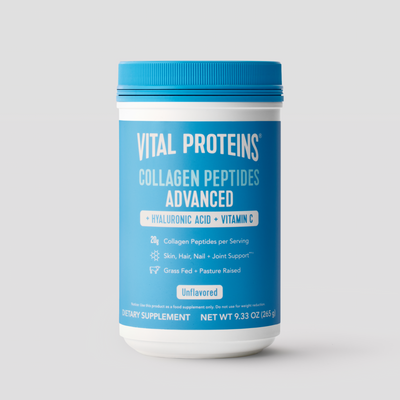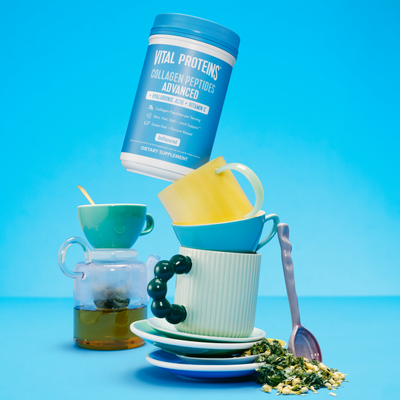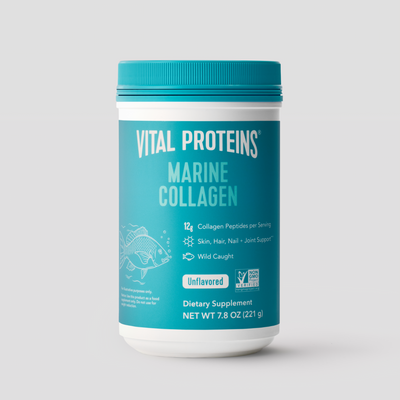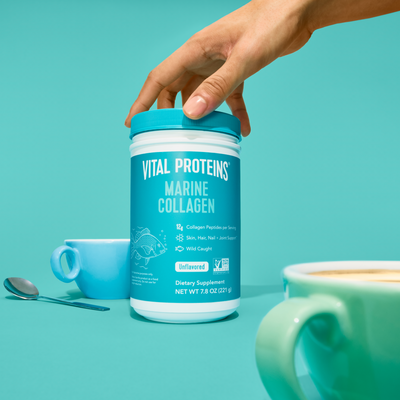I'm always in awe of the ridiculously restrictive diet advice on the front cover of health magazines. I know most of us have enough nutrition knowledge to separate fact from fiction. But then again, when we're inundated with images and information that’s happens to be attached to a seemingly perfect model body, isn’t it a bit tempting to just try the fad diet? No! Stop right there. Believe me when I say I've tried it all. I made myself into an experiment throughout graduate school, knowing that I could serve as a great informant to patients one day. The following three health tips have long been viewed as truth by the public – and it's time to finally debunk them.
1. Do Not Eat After 7 P.M.
The best time to eat is when your body requires fuel. If you work a night shift, take an evening spin class, or can't get the kids to bed until 8 p.m., you’ll likely need to nourish later than usual. There’s nothing wrong with eating late at night when it has a purpose. The after-7 p.m. rule originated from the classic "dinner at 6 P.M." schedule followed by potentially unnecessary snacking afterwards. You can apply that same rule without the timeline. Let's say it's 9 p.m. and you’re watching Bachelor In Paradise. You're not hungry but you're feeling stressed out and craving chocolate. Think of this as the time to practice mindfulness. Use your foam roller for a relieving stretch session, a lavender rollerball, or share your feelings in a group text with friends.
Related Articles
2. Carbs Are Bad
You can absolutely eat zero carbohydrates and lose weight. You can deprive yourself in lots of ways and lose weight. Is it necessarily fat? No. How about healthy? No. And most importantly, is it sustainable? No. The best solution is to first understand that any type of restriction usually stems from post-restriction binging that will lead to excess caloric intake. Before eliminating anything from your diet, ask yourself, "Can I feasibly and happily implement this for three months?" Honestly, balanced carbohydrate intake throughout the day – whether it’s in a paleo, vegan or vegetarian diet-style – really does manage your energy levels and weight management just fine. You're less likely to crave cookies in the evening if each meal has a small amount of nutrient-dense energy (fruit, starchy veggies, beans, whole grains) throughout the day.
3. Listed Serving Size Is Your Recommended Portion Size
Nutrition labels appear to be straight forward, but the way nutritional information is presented can be misleading. For starters, the listed percentage does not correlate with the percentage of carb/fat/protein in the food you're eyeing, but a more general 2000-calorie diet that likely doesn't fit your needs. One size certainly does not fit all in this case.
Secondly, the serving size has no relation to how much you should eat. Diets are individualized and although ¾ cup of cereal may be what most Americans consume, you can absolutely eat ¼ or 1 cup and be just as healthful. Many companies skew their serving sizes to make their macronutrients appear even more enticing. Hence the "2 tablespoons of granola are only 20 calories, but I usually eat 1 cup" conundrum (that’s 160 calories, FYI). Serving size should only be used as a guideline to determine your portion size aka the amount you ate.
Let this boost of empowering education serve you as you actively pursue to rid of restriction.And the next time you're standing in the checkout line at the grocery story, grab a copy of Domino instead. Cleaning up your space á la Marie Kondo is the kind of change we fully embrace. Restricting your need to purchase is always welcome.

















